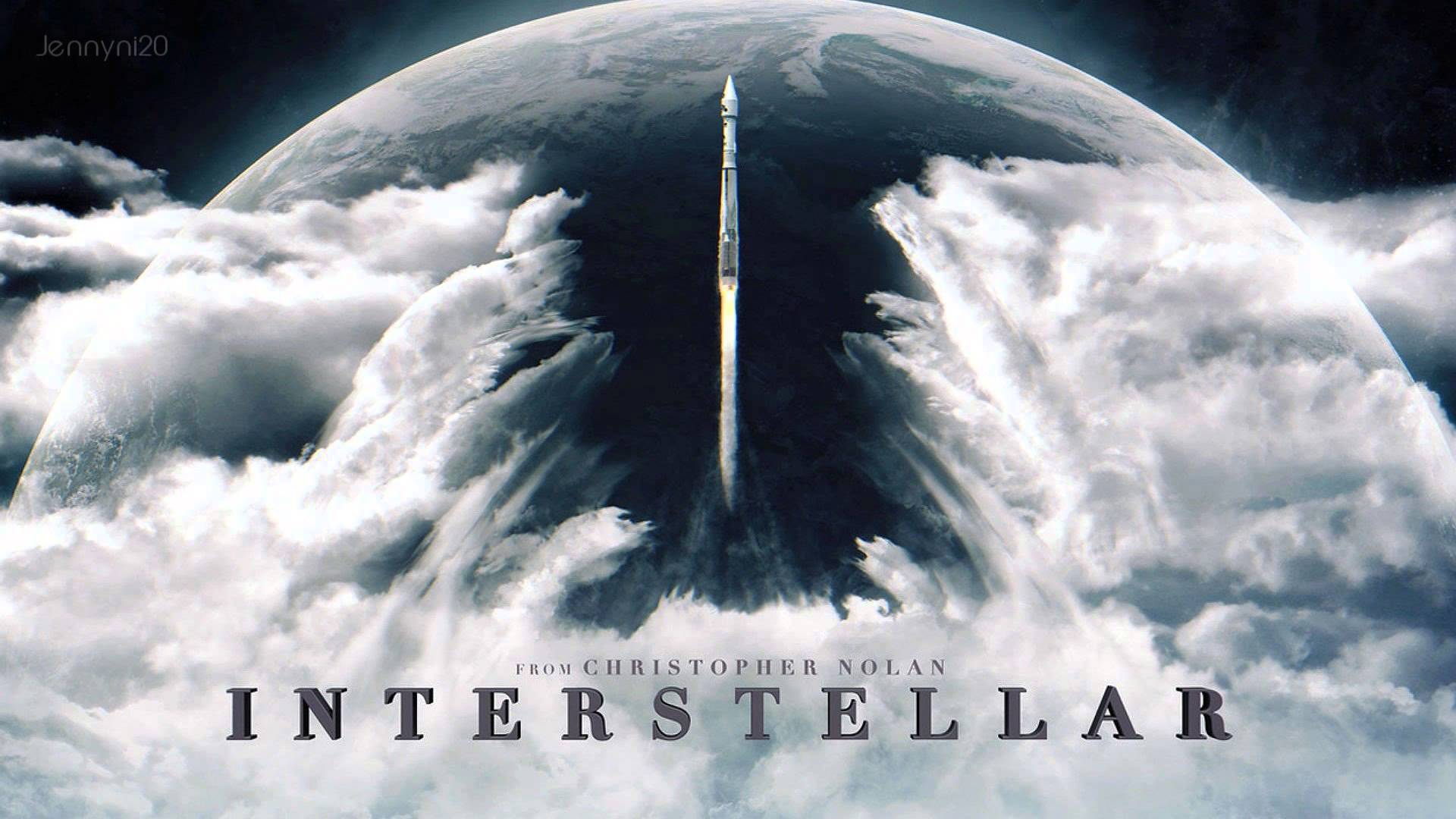A New Era of Classic Science-Fiction Films

From asking around I gather that many people have not yet watched Christopher Nolan’s addition to the science-fiction genre. In spite of its seamless special effects, powerful acting, and engaging characters, Interstellar reminded me of 2001: A Space Odyssey in more ways than one.
Interstellar takes its time with the plot. It does not drag but it is certainly slow enough to turn off those who are hoping for another action adventure. This is not to say that it doesn’t have its share of action, yet the action forms the backdrop. This movie focuses on the characters and the meshing of the present and the future of humanity.
2001: A Space Odyssey, if you have not watched it, is one of the original sci-fi classics. Great acting and ground-breaking special effects. But as far as a piece of entertainment goes, this was a dreadfully slow story. It made the long scenes in the original Star Trek movie seem fast-paced by comparison. The best portion of the plot takes place when a robot decides to murder the ship’s crew. The strangest part is when the main character enters some otherworldly state and ages even to his death… then to be seen orbiting Earth, in space, in a bubble, returned to his infant form!
In my personal opinion contemporary science fiction films have in large part lost their unique “art” of demonstrating the patient and studious nature of scientific exploration. Too often the action rules out. One scene jumps into the next, leading to one big explosion or something similar. I appreciated that Interstellar did not fall into this trap. It catered to the sci-fi enthusiasts with great visuals, brain-twisting theoretical science, and left enough mystery to feed speculation.
Interstellar represents a small set of films that I will add to my classic science fiction films, which have to be innovative and thought-provoking. Prior to this film the only movie I could place in this group was The Europa Report, a lesser-known albeit worthy addition that follows the first expedition to Jupiter’s moon through only the eyes of the ship’s cameras.
I love space opera sci-fi, like Star Wars and the recent Ender’s Game. But throw something at me that makes me think and blends in some fun theoretical science… that is the heart of the cake. After the frosting I still want to dig into a good cake and find that its layers are just as pleasantly surprising.
Question: What do you think of theoretical science as the basis for compelling sci-fi films?

My goodness, I loved Interstellar. It is one of my favorite movies, and may be my favorite science fiction movie yet. I also loved the many references to 2001(the book was better) and other works by Arthur C. Clarke that Nolan included. (Also, gotta love robots)
Anywho, theoretical science must be included in any good science fiction story. As Asimov put it “A piece of science fiction writing may be good fiction and yet bad science fiction.
There is an extra ingredient required by science fiction that makes literary and dramatic virtue not entirely sufficient. There must, in addition, be some indication that the writer knows science.”
I do realize that science fiction sometimes needs to go beyond the realms of known science, but that is no excuse to turn your science fiction story into a sci-fi story. (Again, as Asimiov put it “We can define “sci-fi” as trashy material sometimes confused, by ignorant people, with S.F. Thus, Star Trek is S.F., while Godzilla Meets Mothra is sci-fi.”)
Well, anyway, I’m glad that you liked Interstellar. Everyone else I have talked to has hated it. And just a hint, Arthur C. Clarke wrote three sequals to 2001. They are 2010 (which also has a movie…and more HAL), 2061, and 3001. *wink wink*
Theoretical science was also used extensively in Star Trek television, especially in The Next Generation. I recognized many of the theories from Stephen Hawking’s works.